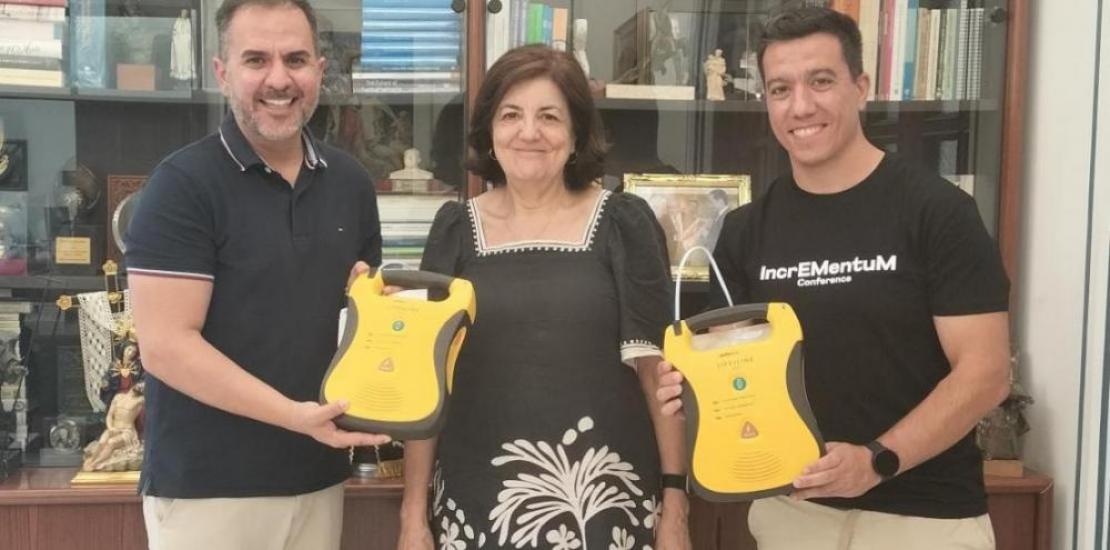Into the heart of Africa to improve health care
This week, UCAM professors from the field of healthcare are once again travelling to Uganda on the humanitarian expedition organised by the NGO Worldproject, which the university supports financially.
Helping a community to thrive requires equipping it with the necessary tools and, above all, teaching it how to manage these new resources. This is what a group of volunteers, including several UCAM health professors, have been doing for the past four years in Uganda through the expedition organised by the NGO Worldproject NGO Worldproject with which UCAM collaborates. Nurse Manuel Pardo, UCAM Vice-Dean, and Artiom Lijnev, UCAM professor of the Degree in Dentistry in English, are leaving this week for the African country together with the other members of the expedition to once again offer free health care to patients in the area and training to the professionals. Moreover, contact with said professionals remains throughout the year, in which the UCAM staff resolves the doubts that arise in their day-to-day work with their patients.
As a novelty, on this occasion they will incorporate new health resources to the clinic, expand its portfolio of services and improve dental care, as well as increase activities in the community, trying to enable the health team to travel to the homes of patients with reduced mobility.
During the first years, the volunteers equipped an ambulance and a hospital centre that provides health care for the 15,000 inhabitants of the Kikaya area. UCAM helped to finance the project. Also, during the last expedition to the area UCAM donated four virtual reality goggles to the clinic's staff, enabling them to continue their virtual training.
This new cooperation mission will also include the replacement of the defibrillators installed in both the medical centre and the ambulance, thanks to the donation made by the company EGS Emergency Global System.
‘The clinic is now well established. So we are now going a step further, carrying out health education, with preventive and not only reactive measures to treat the disease before it appears,’ says Manuel Pardo.




